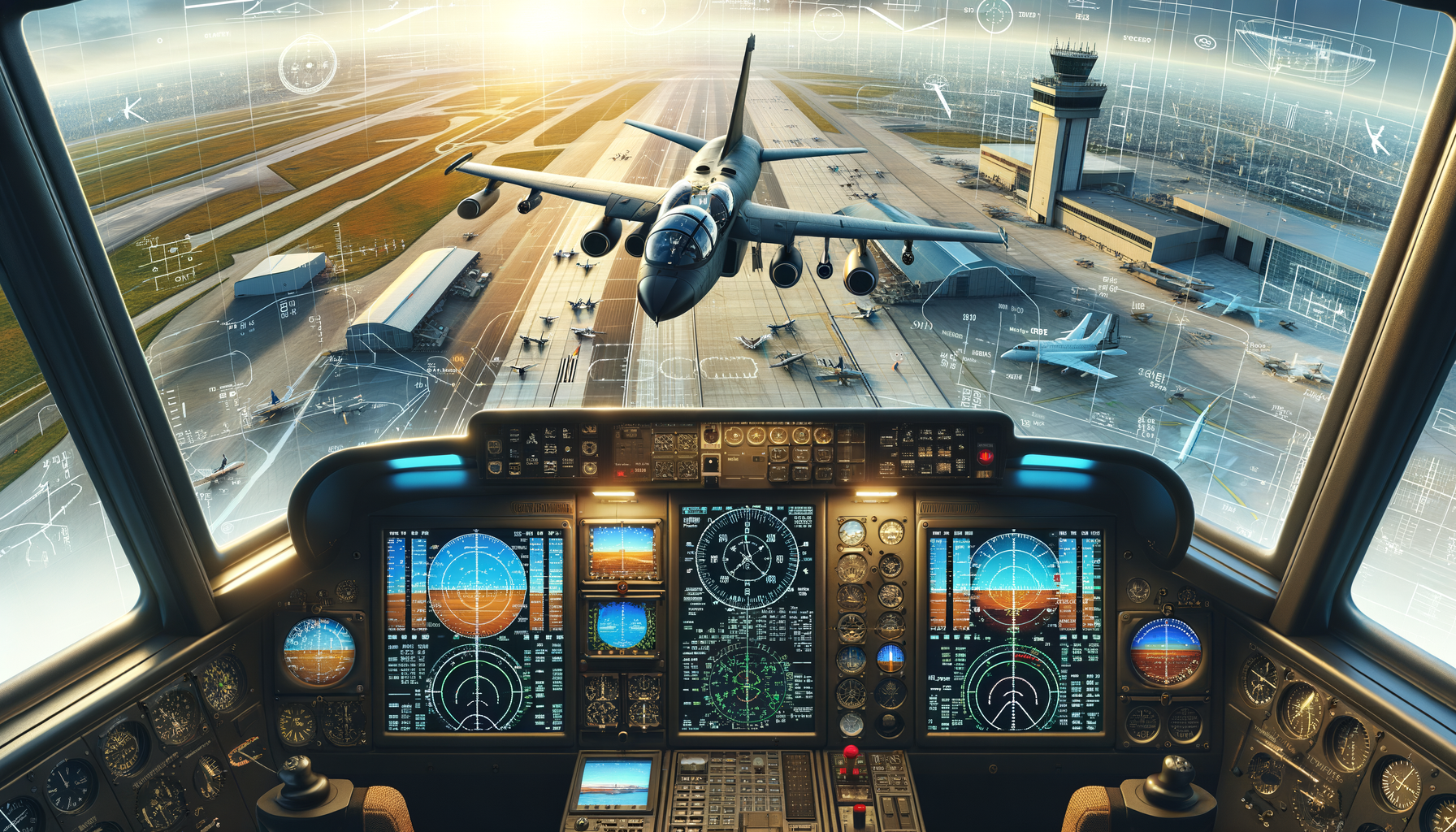
Soaring to New Heights: An In-Depth Guide to Aviation Training
The Importance of Aviation Training
Aviation training is a cornerstone of the aviation industry, providing essential skills and knowledge to aspiring pilots and aviation professionals. It ensures that individuals are well-prepared to handle the complexities of flying and maintaining aircraft, thereby safeguarding the safety of passengers and crew. The training encompasses a broad spectrum of areas, including theoretical knowledge, practical flight experience, and safety protocols. With the aviation industry continually evolving, training programs are designed to keep pace with technological advancements and regulatory changes.
One of the key aspects of aviation training is its focus on safety. The aviation sector is highly regulated, with strict guidelines and standards that must be adhered to. Training programs emphasize the importance of safety checks, emergency procedures, and the ability to respond effectively to unexpected situations. This rigorous training is crucial in minimizing risks and ensuring that pilots can navigate the skies with confidence.
Moreover, aviation training is not limited to pilots alone. It extends to air traffic controllers, maintenance personnel, and other aviation professionals who play a vital role in the smooth operation of the industry. Each role requires specialized training to ensure that all aspects of aviation are conducted safely and efficiently. In essence, aviation training is the backbone of the industry, providing the skills and knowledge necessary to keep the skies safe and secure.
Types of Aviation Training Programs
Aviation training programs are diverse, catering to various roles within the industry. For aspiring pilots, there are several pathways to consider, each offering unique opportunities and challenges. The most common training programs include:
- Private Pilot License (PPL): This is the first step for many aspiring pilots. It allows individuals to fly privately and is often a prerequisite for more advanced licenses.
- Commercial Pilot License (CPL): This license is essential for those looking to pursue a career as a professional pilot. It requires additional training and flight hours beyond the PPL.
- Instrument Rating (IR): This certification enables pilots to fly in various weather conditions using instruments alone, enhancing their skills and versatility.
- Multi-Engine Rating (MER): This training allows pilots to operate aircraft with more than one engine, expanding their capabilities and career opportunities.
Beyond pilot training, there are programs for air traffic control, aircraft maintenance, and aviation management. Each program is tailored to equip individuals with the necessary skills and knowledge for their specific role. For instance, air traffic control training focuses on communication, navigation, and managing air traffic safely and efficiently. Meanwhile, aircraft maintenance training covers the technical aspects of aircraft systems, ensuring they are in optimal condition.
Overall, aviation training programs are designed to meet the diverse needs of the industry, providing comprehensive education and hands-on experience to prepare individuals for successful careers in aviation.
The Future of Aviation Training
The aviation industry is on the brink of significant transformation, driven by technological advancements and evolving demands. As such, aviation training is also poised for change, adapting to new realities and preparing professionals for the future of flight.
One of the most notable trends is the integration of technology into training programs. Virtual reality (VR) and augmented reality (AR) are increasingly being used to simulate real-world scenarios, providing trainees with immersive experiences that enhance learning and retention. These technologies allow for realistic simulations of flight conditions, emergency situations, and maintenance tasks, offering a safe and controlled environment for trainees to hone their skills.
Additionally, the growing emphasis on sustainability is influencing aviation training. As the industry moves towards more eco-friendly practices, training programs are incorporating modules on sustainable aviation fuels, efficient flight operations, and environmentally conscious maintenance practices. This shift ensures that future aviation professionals are equipped to contribute to a more sustainable industry.
The future of aviation training also involves a greater focus on soft skills, such as communication, teamwork, and problem-solving. As the industry becomes more interconnected, these skills are essential for effective collaboration and decision-making. Training programs are evolving to include these elements, preparing individuals for the dynamic and multifaceted nature of modern aviation.
In conclusion, aviation training is set to become more technologically advanced, environmentally aware, and skill-focused, ensuring that the next generation of aviation professionals is ready to meet the challenges and opportunities of the future.


